
Articles on China-Australia relations
Displaying 1 - 20 of 71 articles

The Chinese media, however, hails a ‘spring blossom’ in China’s relations with Australia as premier’s visit concludes.

China has used the animals to foster diplomatic goodwill for decades. However, with big differences between China and Australia, pandas perhaps can only do so much.

The visit by Premier Li Qiang is more of a diplomatic and business meeting that signals the continuing thaw between the countries, and is unlikely to spur any major announcements.

Aspiring business people and lawyers are taught how to work with China, but our future politicians, policymakers and journalists do not always receive the same practical instruction.

Yang’s suspended death sentence is unusual for a capital case, but appeals in China are rarely successful and Australia has very limited options to help him, short of diplomatic pressure.
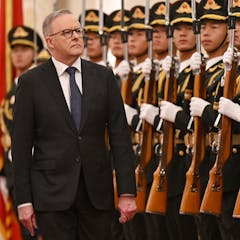
Beijing focused on the shared interests and identities between China and Australia, emphasising the enduring importance of the bilateral economic relationship.
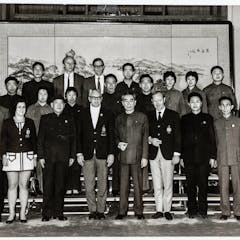
Now in their 70s and 80s, the team recalls being labelled as communists in Australia after their trip. But what mattered most to them was friendship.

Cheng was clearly a hostage in international relations. Releasing her now signals China’s intent to improve Australia-China relations.

New research shows Chinese-Australians believe Australian English-language media to be too negative about China and Chinese-Australians.
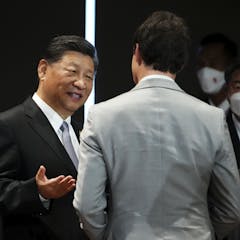
Canada should examine Australia’s diplomacy-focused approach to China as it battles foreign interference.
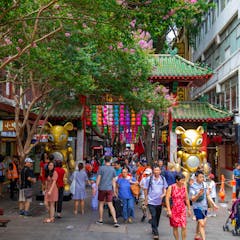
New research shows Australians of Chinese heritage are extremely concerned about the way relations between the two countries are portrayed in the media.

Successive governments have shied away from serious discussions about national security.
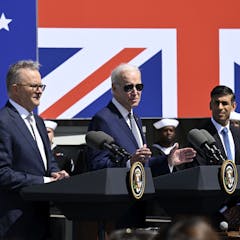
Despite the bipartisanship over both the China threat and AUKUS, the views of experts are divided.
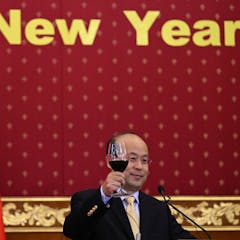
Now that diplomatic relations are out of the deep freeze, business and cultural ties between China and Australia are set for a major rebound.
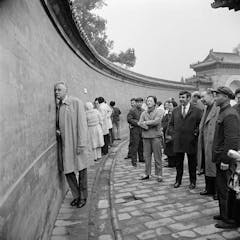
Foreign Minister Penny Wong is travelling to China to mark the half-century anniversary of a relationship that has ridden the vicissitudes over that time.
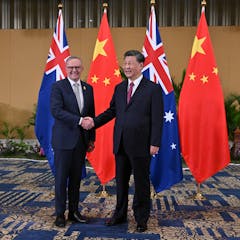
In this podcast Michelle and politics editor Amanda Dunn discuss the significant thaw in Australia-China relations that's come with the Albanese-Xi meeting, held on the sidelines of the G20 in Bali.
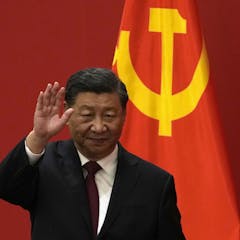
The Chinese leader’s recent confirmation of his power has significant implications – and a look at history can reveal what those are.
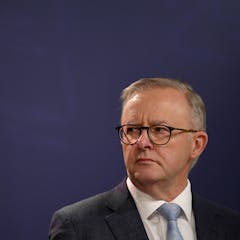
University of Canberra Professorial Fellow Michelle Grattan and Assistant Professor Caroline Fisher discuss the week in politics
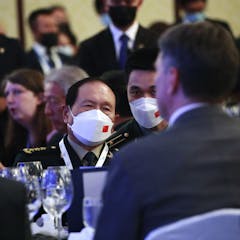
Defence minister Richard Marles’ historic trip sheds some light on the new government’s approach to national security matters.
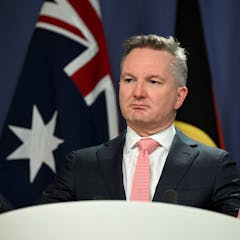
Word from The Hill: Bowen says “bumpy” time ahead on power, but you can keep the heater on
Michelle Grattan discusses politics with politics + society editor, Amanda Dunn
